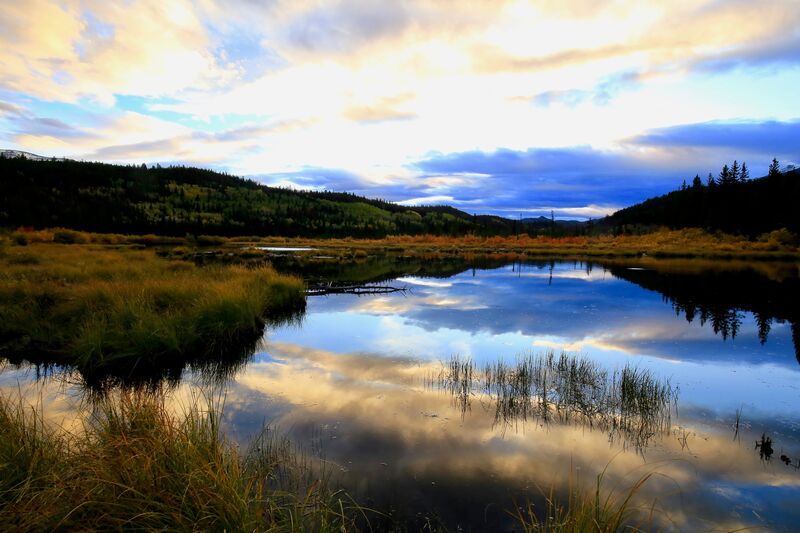
Concordia University’s project to drive protection of biodiversity hotspots in watercourses in agricultural areas
Our Québec office is providing pro bono advice to Concordia University’s project team on the optimal legal route to sustainably protect the habitats that will be restored, using a balance between enforced protection and acceptance among agricultural producers who lose cropland. Concordia University in Montreal has embarked on a research project to restore watercourses and give them back their free space in agricultural areas.
Global agricultural practices, including the use of pesticides and fertilizers, along with insufficient regulations to protect natural habitats, has taken a heavy toll on our planet’s biodiversity. Suffering some of the most rapid declines in the last four decades are freshwater ecosystems – rivers, streams and waterways – which support an extraordinary number of species. These are also vital for conserving and sustaining wetlands that provide breeding grounds for around 40 percent of the Earth’s species.
Global agricultural practices, including the use of pesticides and fertilizers, along with insufficient regulations to protect natural habitats, has taken a heavy toll on our planet’s biodiversity. Suffering some of the most rapid declines in the last four decades are freshwater ecosystems – rivers, streams and waterways – which support an extraordinary number of species. These are also vital for conserving and sustaining wetlands that provide breeding grounds for around 40 percent of the Earth’s species.
